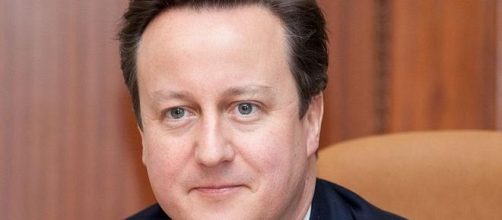Less than a week after winning the majority of the seats at the Parliament, David Cameron's government proposed to ban opinions that might not align with "British values".
This statement followed a pattern: The term "zero tolerance" has been used in abundance by Tories since London riots in 2011. "Passive tolerance" was also coined in 2011, when Cameron talked about Islamic extremism and terrorism and said "We need a lot less of the passive tolerance of recent years and much more active, muscular liberalism".
Since then, a new trend sprouted from the recent rise of violent Islamic radicalism: Promotion of the "British values" are now incorporated into school curriculums, and Mr.
Cameron might even criminalise values that are not British.
"But how about John Locke's idea of tolerance?," asks Marisa Pereira of WORLDwrite, an educational charity working extensively on multiculturalism. The 17th century English philosopher was the first to articulate a reasoning for religious tolerance, which was followed by European wars of religion. The modern idea of tolerance in the UK flourished from these foundations, hence it is a British value indeed.

